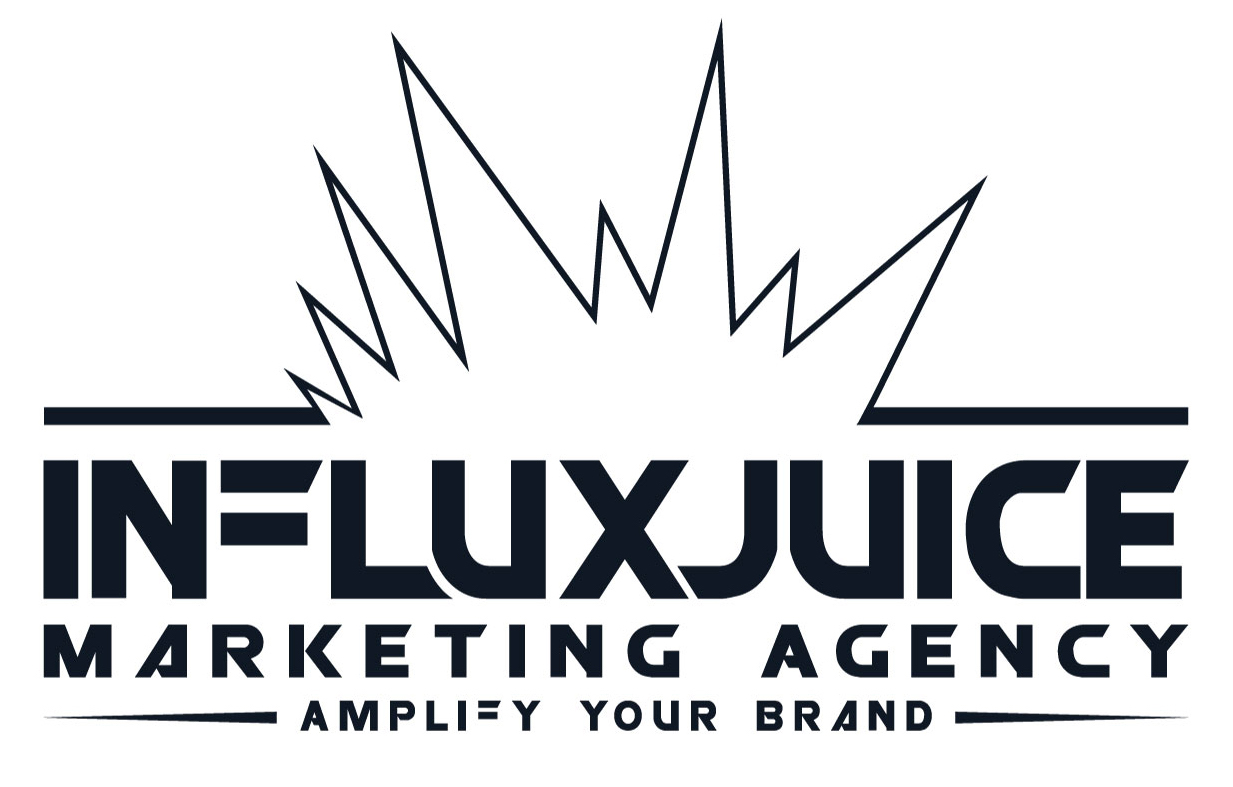Leveraging AI in marketing is essential for every business worth its salt. Artificial Intelligence (AI) has rapidly evolved from a futuristic concept to a tangible reality, reshaping industries across the globe. The marketing world is no exception. AI-powered tools are revolutionising how businesses engage with customers, analyse data, and optimise campaigns. In this guide, we’ll explore how you can harness the power of AI to drive your marketing efforts and stay ahead of the curve.
Understanding AI in Marketing
At its core, AI in marketing involves using algorithms and data to automate tasks, personalise experiences, and gain insights. This can range from simple chatbots to sophisticated predictive analytics models. The goal is to enhance efficiency, improve decision-making, and create more targeted and effective marketing strategies.
Key Applications of AI in Marketing
Personalised Marketing
AI can analyse vast amounts of customer data to create highly personalised marketing campaigns. This includes tailoring content, product recommendations, and offers based on individual preferences and behaviours. For instance, AI can segment customers based on their browsing history, purchase patterns, and demographic information to deliver personalised email campaigns or dynamic website content.
Customer Service Automation
AI-powered chatbots can handle routine customer inquiries, freeing up human agents to focus on more complex issues. This improves customer satisfaction and reduces costs. Advanced chatbots can even understand context and sentiment, providing more nuanced responses.
Content Creation
AI can assist in content creation by generating ideas, writing drafts, and even creating visual content. While human creativity is still essential, AI can streamline the content production process. Tools like GPT-4o can generate blog posts, social media captions, video scripts, and Advanced Voice Mode, which allows for more natural voice conversations.
Predictive Analytics
AI can analyse historical data to predict future trends and customer behaviour. This enables businesses to make data-driven decisions and allocate resources effectively. For example, AI can forecast which products are likely to be popular in the coming months, allowing for better inventory management.
Social Media Management
AI can help automate social media tasks like scheduling posts, analysing engagement, and identifying influencers. It can also monitor brand mentions and sentiment across various platforms, providing valuable insights into brand perception.
Choosing the Right AI in Marketing Tools
The market is flooded with AI tools, each with its own strengths and weaknesses. When selecting the right tools for your business, consider the following factors:
- Your specific needs: What tasks do you want to automate or improve?
- Ease of use: How user-friendly is the tool?
- Integration with existing systems: Can the tool integrate seamlessly with your current marketing stack?
- Cost: What is the pricing model for the tool?
- Scalability: Can the tool grow with your business?
Implementing Your AI in Marketing Strategy
Define Your Goals
Clearly articulate what you want to achieve with AI. Are you looking to improve customer satisfaction, increase sales, or optimise your marketing budget? Setting clear, measurable objectives will help guide your AI implementation.
Identify Use Cases
Determine specific areas where AI can add value to your marketing efforts. This could include automating email campaigns, optimising ad spend, or improving customer segmentation.
Collect and Prepare Data
Ensure you have high-quality data that can be used to train AI models. This may involve cleaning existing data, implementing new data collection methods, or integrating data from various sources.
Select and Implement Tools
Choose the right AI tools and integrate them into your marketing workflow. This may require collaboration between your marketing team and IT department.
Monitor and Optimise
Continuously monitor the performance of your AI-powered campaigns and make adjustments as needed. AI models often improve over time as they learn from more data, so ongoing optimisation is crucial.
Overcoming Challenges
While AI offers significant benefits, it’s not without its challenges. Some common hurdles include:
Data Quality
Ensuring that the data used to train AI models is accurate and representative. Poor quality data can lead to biased or ineffective AI models.
Ethical Considerations
Addressing concerns related to privacy, bias, and transparency. It’s crucial to use AI responsibly and in compliance with data protection regulations.
Technical Expertise
Acquiring the necessary skills to effectively implement and manage AI tools. This may involve training existing staff or hiring AI specialists.
Integration with Existing Systems
Ensuring that AI tools can work seamlessly with your current marketing technology stack.
The Future of AI in Marketing
As AI technology continues to advance, we can expect to see even more innovative applications in marketing. Some potential future developments include:
- More sophisticated natural language processing, enabling even more human-like interactions with chatbots and virtual assistants.
- Advanced predictive analytics that can forecast consumer behaviour with unprecedented accuracy.
- AI-driven content creation that can produce highly personalised, context-aware content at scale.
- Augmented and virtual reality experiences powered by AI, creating immersive marketing campaigns.
Conclusion
AI is no longer a futuristic concept; it’s a practical tool that businesses can leverage to gain a competitive advantage. By understanding its capabilities and addressing potential challenges, you can effectively incorporate AI into your marketing strategy and drive growth. As the technology continues to evolve, staying informed and adaptable will be key to success in the AI-driven marketing landscape.
Questions to consider:
We’d love to hear your thoughts on AI in marketing. Please share your insights in the comments section below:
- What are some specific examples of how you think AI could benefit your business or industry?
- What concerns do you have about the ethical implications of using AI in marketing?
- How do you envision the future of marketing in a world increasingly driven by AI?
- Have you already implemented any AI tools in your marketing strategy? If so, what has been your experience?
- What do you think are the biggest challenges in adopting AI for marketing purposes?
_________________________________________________________________
Is your business on the first page of Google? Is it on the 2nd? 3rd?
Did you know 75% of users click on one of the top three search results on Google?
Want to learn how to get your business ranked in the top 3 of Google?
Tap here to chat to me and I’ll let you know.
If you’ve enjoyed reading today’s blog, please share our blog link below.
Do you have a blog on business and marketing that you’d like to share on influxjuice.com/blog? Contact me at rob@influxjuice.com.
Tap here for your SEO Cheatsheet and Marketing Guide.

